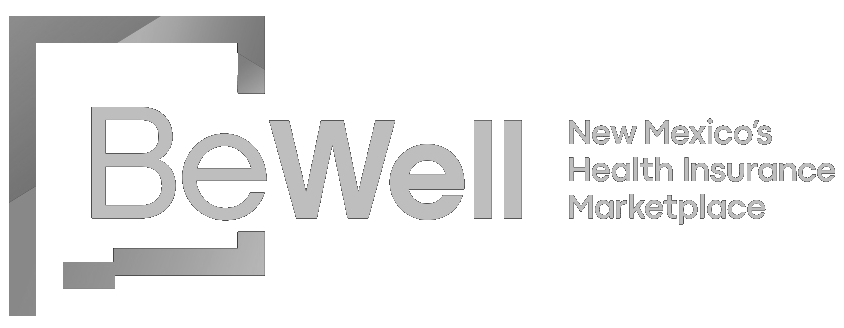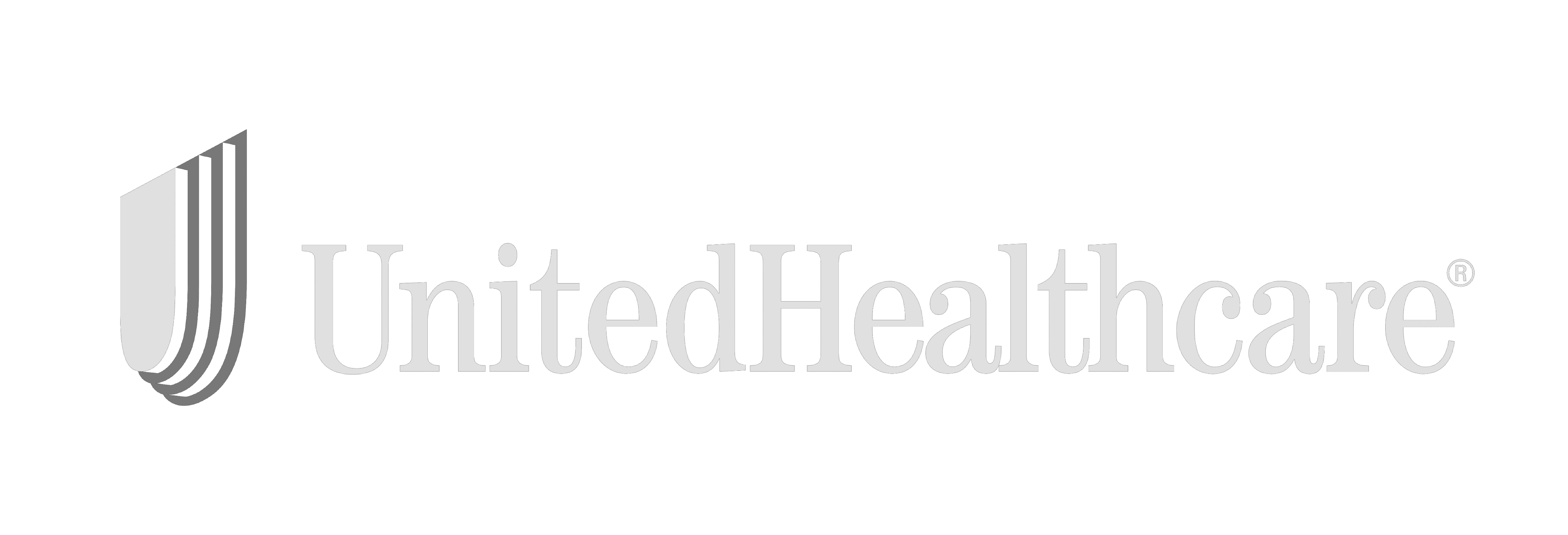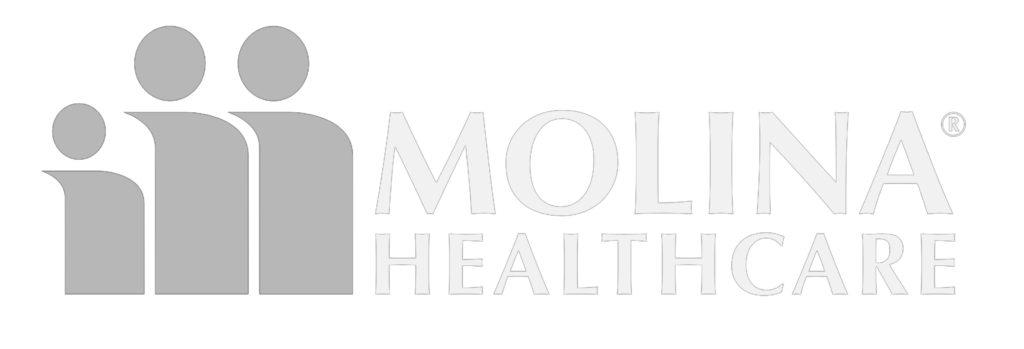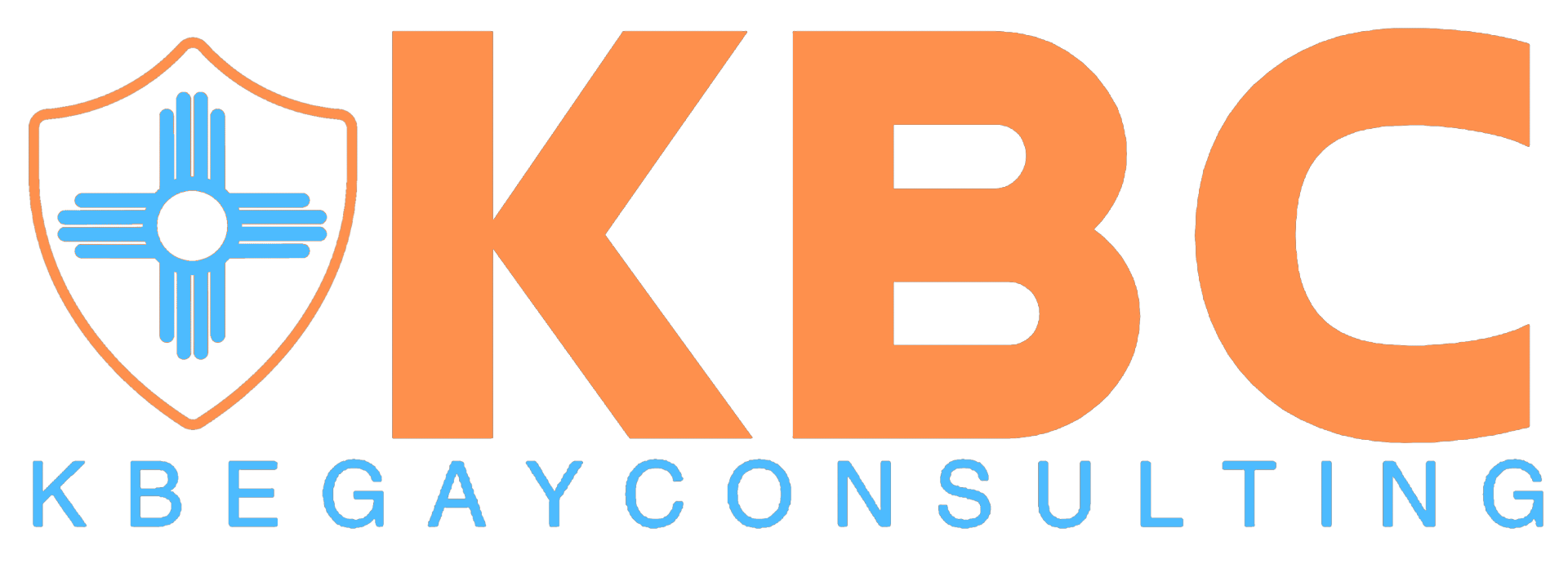Supplemental Employee Benefits

Supplemental Benefits
What are Supplemental Employee Benefits?
Supplemental benefits are additional employee benefits that go beyond the traditional benefits package offered by employers, such as healthcare coverage, retirement plans, and paid time off.
Supplemental Disability Insurance
Supplemental disability insurance (SDI) is a policy that can help protect your employee’s income if they can’t work due to illness or injury. It can be purchased through a private company and can be added to an existing disability plan, such as an employer-sponsored plan or an individual policy. SDI can help cover the difference between employees’ current disability policy and what they need to maintain their lifestyle. It can also help make up for the 40% shortfall that most work policies provide.

Portable Coverage
Employee premium and benefit amounts won’t change if they leave their current employer.
Tax-Free Benefits
Most supplemental disability insurance benefits are tax-free for employees.
Customizable Benefits
Employees can choose the coverage and benefits that work for them. For example, SDI can protect a greater percentage of employees income, bonuses
Additional Help
SDI can help cover the costs of getting help with child care and other responsibilities a stay-at-home parent can’t manage while sick or injured.
Supplemental Life Insurance
Supplemental life insurance is an optional policy that can supplement an existing life insurance policy. It can provide extra financial security for your family if you die or are unable to work due to a physical impairment. Supplemental life insurance can also include riders, such as accidental death and dismemberment (AD&D) coverage.

Supplemental life insurance can be valuable if:
1. You need extra life insurance coverage for you and your family.
2. Your group plan has a relatively inexpensive premium amount.
3. You have health issues and would not qualify for an individual life policy.

Supplemental Critical Illness and Cancer Insurance
Critical illness insurance can pay for costs not covered by traditional insurance. The money can also be used for nonmedical costs related to the illness, including transportation, child care, and so on. Typically, the insured will receive a lump sum to cover those costs.
Coverage limits vary—from a few thousand dollars up to $100,000 or more, depending on your policy. Policy pricing is impacted by several factors, including the amount and extent of coverage, sex, age, and health of the insured, and medical history.*
*https://myhst.com/news/guide-to-critical-illness-insurance-policies-are-they-right-for-you
Conditions Covered by a Critical Illness Policy
These conditions are typically covered by a critical illness policy. See individual policies for specific coverages.
Heart Attack
Multiple Sclerosis
Organ Failure
Stroke
Internal Cancers
Paralysis and Dismemberment
Organ Transplant
Kidney Failure
Severe Burns
Supplemental Accident Insurance
In the event of an accidental injury, an accident supplement will reimburse the insured up to the claim amount (less the deductible) or the benefit maximum on the accident supplement, whichever is smaller. The funds can then be used to pay the deductible on the major medical plan.

What is Accident Insurance?
Accident insurance is a type of insurance that pays cash benefits, up to a predetermined limit, if the policy holder experiences an accidental injury that’s covered by the plan. Accident insurance is designed to supplement major medical health insurance.
Cash when you need it most.
A slip, fall, or other accident can happen at any time. And it can be costly.
Suppose you or a family member is injured in an accident. In that case, Accident & Sickness Insurance provides cash benefits you can use to help cover medical and non-medical expenses that arise.
Included Conditions in Accident Insurance Policies
Accidental Death and Dismemberment
Physical Therapy
Rehabilitation
Hospital Expenses
Medical Expenses
Exams
Diagnostic Testing
Ambulance

Group Dental Insurance
Employees and workers are your business’s greatest asset. Providing dental insurance for employees is just good for business.
Let us help you with a dental insurance plan that works for your employees and is within your budget.
Group Dental Insurance
Why Your Business Needs Dental Insurance Coverage
01
Healthy Happy Employees
Seeing the dentist is good for more than just happy smiles. It helps to prevent several diseases detected in the mouth like heart disease and diabetes.
02
Maintaining Productivity
When employees have pain in their teeth or mouth, productivity lags. Providing dental coverage helps with oral health but also workplace morale and productivity.
03
Competition
Offering health and dental benefits is one of your greatest advantages when seeking new employees and talent. Dental benefits help with recruiting and retention.
Delta Dental Small Group Dental Plans


Insurance Providers
We work with the best providers so you receive the best service and coverage for your needs.












